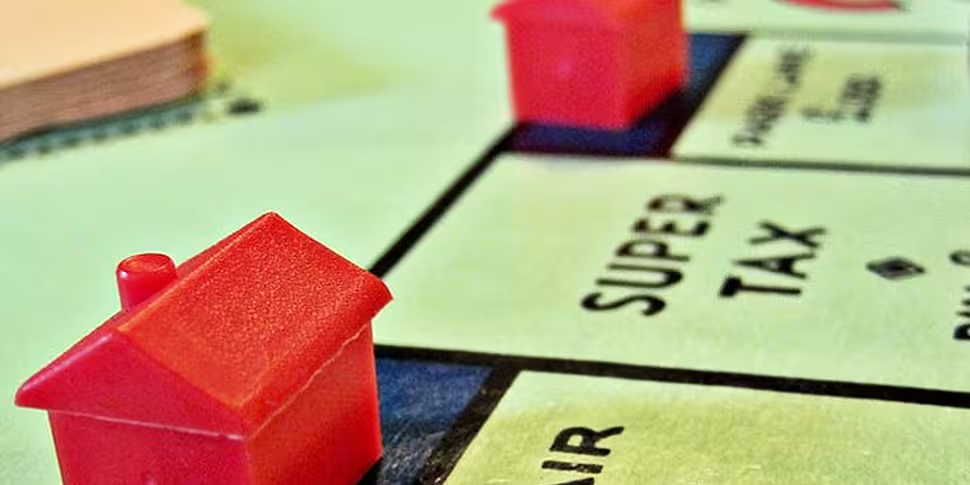The Revenue Commissioners gave a press briefing this morning on the Local Property Tax (LPT)
The chairman of the Revenue Commissioners Josephine Feehily addressed the briefing.
Here are some of the key points to emerge from the briefing:
The LPT is a self assessed tax. The property owner must decide the market value of his or her property. Revenue is not valuing individual properties.
Property values are organised into a number of bands – from €0 to €100,000 and then into €50,000 bands. The tax liability is calculated by applying 0.18% to the mid-point of the relevant band. For houses worth over €1m, it’s 0.18% on the first €1m in value and 0.25% on the portion of the value above €1m.
The value of the property on 1 May, 2013 will be the value of the property for LPT purposes up to, and including, 2016 – regardless of any improvements, extensions or repairs to your property or any increase in property prices during this period.
Although every liable person/homeowner contacted will receive a Revenue Estimate, this is only general – informed by average indicative values in your areas – and not based on the actual valuation of the individual property. In some cases it will be too little and in others too high. Valuation is the responsibility of the property owner.
The Revenue will make available a guide providing average indicative values for different property types (apartments, detached, semi-detached etc.) in your local area.
But this guide is intended as a support for self-assessment. If a person’s property has unique features, is smaller or larger than the average for the area, is in a significantly poor state of repair or has exceptional features, the person should factor those in when self-assessing the value band.
Useful sources for valuation guidance: revenue.ie, propertypriceregister.ie, property pages of newspapers, local estate agent, property websites.
The Revenue Commissioners released this guide on how to pay and file local property tax.
The quickest and most straightforward way to complete and submit the property tax return is online on revenue.ie.
If you complete the paper return, the deadline for sending it to Revenue is 7 May. If you’re filing online, the deadline is 28 May.
There are a range of options for payment including deduction at source from salary or occupational pension, direct debit, debit/credit card online; cash payments and over the counter debit/credit card payments through An Post, Payzone or Omnivend.
If you’ve received a property tax return but are not the owner of the property, you need to contact the Revenue immediately and tell them who the owner is to allow the register of residential properties they have compiled to be corrected.
The Revenue says that as there was no existing complete property register, there will be a very small minority of individuals who will receive a letter in error – for example, where a son or daughter paid the household charge on behalf of a parent and the household charge system connected the property to the payer rather than the owner.
The message from the Revenue is: don’t ignore the return, if you do, Revenue will pursue collection of the estimate. They also say that an essential feature of self-assessment is the presumption of honesty – “when we say where Revenue’s guidance is used honestly we will accept the valuation submitted we mean just that”.









